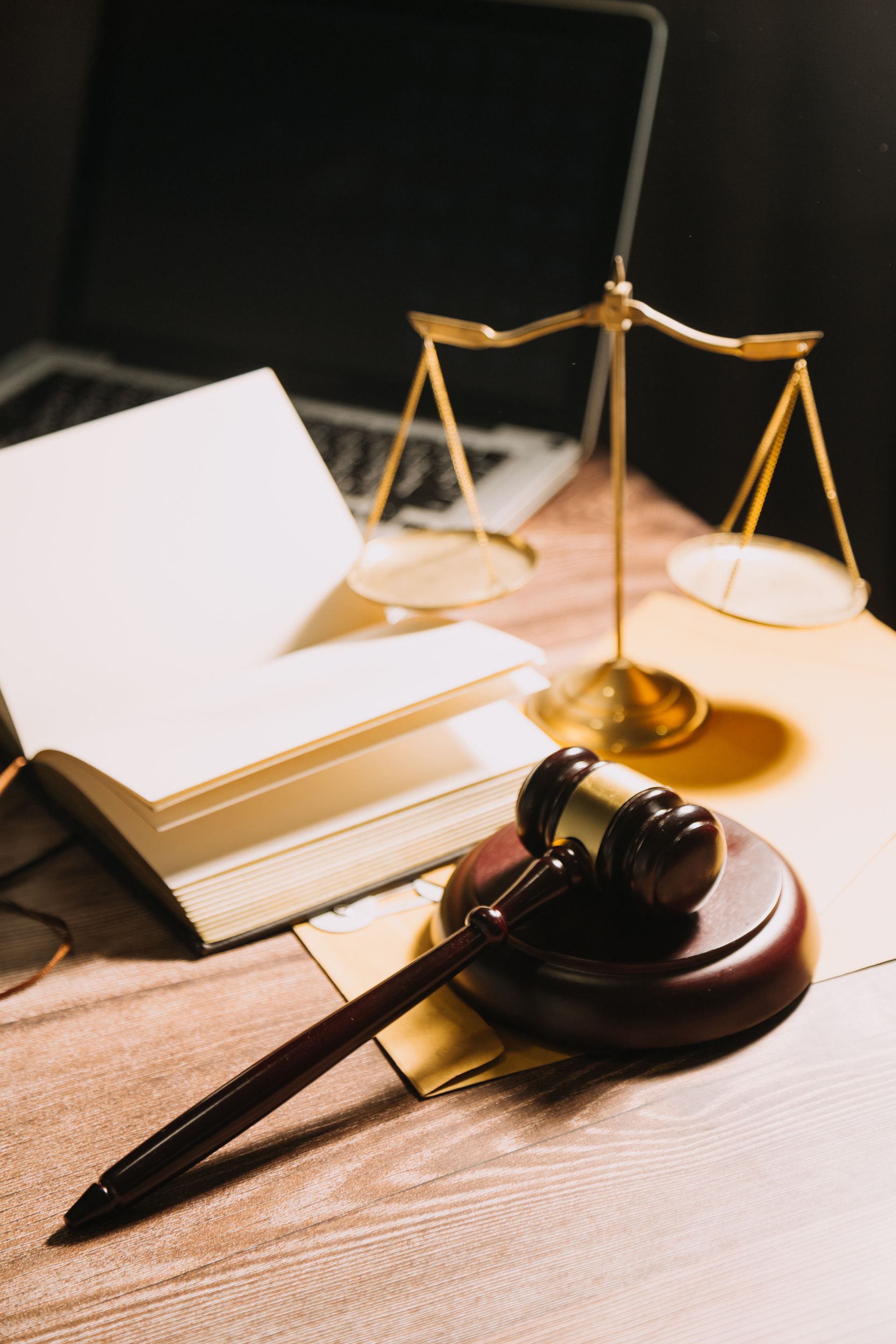The Benefits of Filing for Chapter 7 Bankruptcy in Connecticut
The Benefits of Filing for Chapter 7 Bankruptcy in Connecticut
Filing for Chapter 7 bankruptcy can provide a much-needed financial reset for individuals struggling with overwhelming debt. If you are facing creditor harassment, mounting bills, or the threat of wage garnishment, Chapter 7 bankruptcy may be the best option to regain financial stability. At Grafstein & Arcaro, LLC, we help Connecticut residents navigate the bankruptcy process and achieve a fresh financial start. Below, we outline the key benefits of filing for Chapter 7 bankruptcy in Connecticut.
1. Immediate Relief Through the Automatic Stay
One of the most immediate benefits of filing for Chapter 7 bankruptcy is the automatic stay. This court-ordered protection goes into effect as soon as you file, preventing creditors from:
- Collecting payments
- Garnishing wages
- Filing lawsuits against you
- Harassing you through phone calls or letters
- Continuing foreclosure proceedings
This gives filers much-needed relief while they work through the bankruptcy process.
2. Elimination of Most Unsecured Debts
Chapter 7 bankruptcy allows for the complete discharge of certain debts, meaning you are no longer legally obligated to pay them. This includes:
- Credit card debt
- Medical bills
- Personal loans
- Utility bills
- Some court judgments
However, certain debts, such as student loans, child support, and most taxes, are not dischargeable.
3. Quick Process and Fresh Start
Compared to other forms of bankruptcy, Chapter 7 is relatively fast, often completing within 3 to 6 months. This allows individuals to move forward with their financial lives without being tied down by years of repayment obligations, as seen in Chapter 13 bankruptcy.
4. Protection of Exempt Assets
Many Connecticut residents worry about losing their home, car, or personal belongings when filing for bankruptcy. However, Connecticut’s bankruptcy exemptions protect many essential assets, including:
- Homestead Exemption: Up to $250,000 of equity in your primary residence.
- Vehicle Exemption: Up to $3,500 in vehicle equity.
- Personal Property Exemption: Household goods, clothing, and certain tools of the trade.
- Retirement Accounts: 401(k)s, IRAs, and pensions are generally protected.
With the right legal guidance, many filers keep most—if not all—of their assets while discharging their debts.
5. Protection Against Wage Garnishments
If creditors have already begun garnishing your wages, Chapter 7 bankruptcy immediately stops the garnishment. Once your debts are discharged, the garnishment ends permanently, allowing you to take home your full paycheck again.
6. No Repayment Plan
Unlike Chapter 13 bankruptcy, which requires a structured repayment plan over 3 to 5 years, Chapter 7 bankruptcy does not require monthly payments to creditors. Instead, eligible debts are discharged, providing a clean financial slate.
7. Improved Credit Over Time
While filing for bankruptcy does impact your credit score, many individuals see their credit start to recover within a year after filing. By eliminating unmanageable debt, filers can:
- Start rebuilding their credit sooner.
- Qualify for new credit and loans faster than if they continued struggling with unpaid bills.
- Work toward financial stability without overwhelming debt burdens.
8. No Tax Consequences on Discharged Debt
Unlike debt settlements, which may require individuals to pay taxes on forgiven debt, debts discharged in Chapter 7 bankruptcy are not considered taxable income. This can save filers thousands of dollars in potential tax liabilities.
Is Chapter 7 Bankruptcy Right for You?
Chapter 7 bankruptcy is best suited for individuals who:
✔ Have
significant unsecured debt (credit cards, medical bills, personal loans).
✔ Have
limited income and cannot afford a repayment plan.
✔ Want a
quick resolution to their financial difficulties.
✔ Do not have substantial non-exempt assets.
If you are unsure whether you qualify, a means test will determine eligibility based on your income, expenses, and household size.
Get Legal Assistance for Chapter 7 Bankruptcy in Connecticut
Filing for bankruptcy is a major financial decision, but for many Connecticut residents, it offers a fresh start and relief from debt. At Grafstein & Arcaro, LLC, we provide compassionate and experienced legal assistance to guide you through the process and protect your rights.
Don’t let debt control your life—contact Grafstein & Arcaro, LLC today to explore your options and take the first step toward financial freedom!








